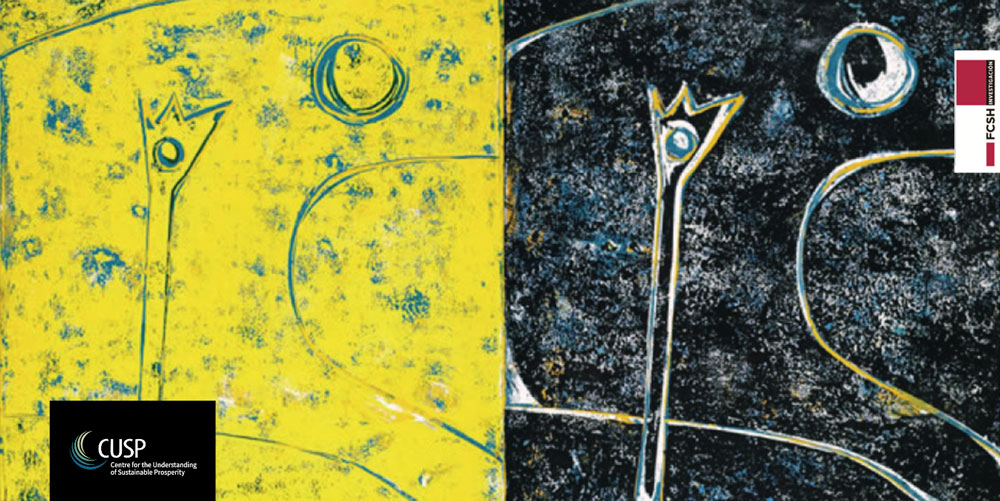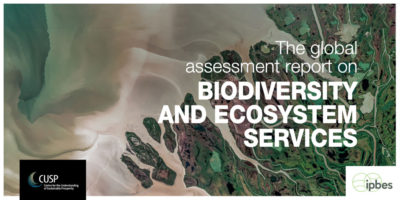Incentivising ‘regenerative value’ to improve sustainability outcomes
Book chapter by Amy Burnett
Edited Collection: Transformative Metrics—Contributions to the Studies for Monitoring and Evaluating How Science, Technology, and Innovation Can Address Social and Environmental Challenges | Fondo Editorial FCSH, Universidad de Antioquia, 2022

Summary
As part of a new edited collection that aims to stimulate a new research agenda around ‘transformative metrics’ and encourage existing and new methodological approaches to be applied to the study of social and technological change, this contributing chapter by CUSP researcher Dr Amy Burnett puts forward a conceptual framework for the promotion of ‘regenerative value’.
The notion of ‘capitals‘—understood to commodify nature and other non-financial entities—is widely criticised for being a dysfunctional approach to the sustainability transition. Amy’s chapter suggests an alternative concept of regenerative value that may be helpful to advance transition management and positive actions on climate change. However, this must, she argues, be supported with corresponding political-institutional arrangements for an integrated economy that features strong redistributive and incentivising components of the co-benefits of sustainable action (including greater information sharing amongst stakeholders on sustainability gains, incentives towards promoting climate action, matching of stakeholder needs and interests to maximise sustainability impact, and reconsidering ‘value’ at a systemic level).
There is a role for indexing organisations, sectoral bodies, or communities, she finds, that demonstrate positive sustainability action. Engaging with different actors to share insights, frustrations, and opportunities across ‘scales’ and ‘sectors’ could help to overcome institutional silos and encourage collaborative approaches to cultivate and capture sustainability transitions, particularly through peer-to-peer support in enhancing sustainability knowledge and action.
The book is published online and all its chapters can be reached in open access format via the publisher’s website. If you have difficulties accessing the article, please get in touch: info@cusp.ac.uk.
Burnett A 2022. Incentivising ‘Regenerative Value’ to Improve Sustainability Outcomes. In: Gabriel Vélez-Cuartas and Oscar Yandy Romero-Goyeneche (Eds): Transformative Metrics—Contributions to the Studies for Monitoring and Evaluating How Science, Technology, and Innovation Can Address Social and Environmental Challenges | Fondo Editorial FCSH, Universidad de Antioquia, 2022



